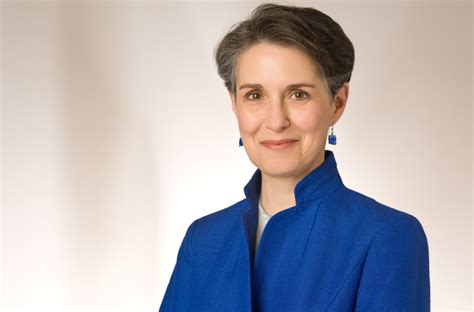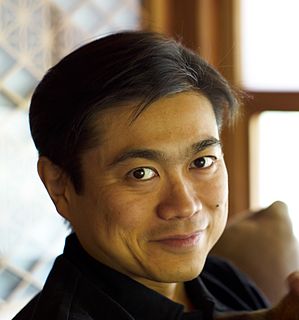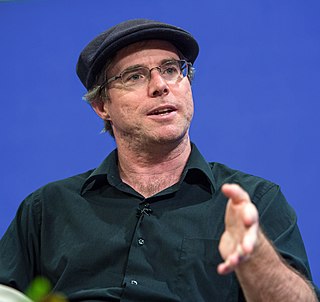A Quote by Alice Roberts
We need to get across the excitement and creativity of science. That it isn't just a list of facts that have already been discovered - but a process, a creative project, that you are generating ideas, testing them and looking for evidence.
Related Quotes
Creativity is the generation and initial development of new, useful ideas. Innovation is the successful implementation of those ideas in an organization. Thus, no innovation is possible without the creative processes that mark the front end of the process: identifying important problems and opportunities, gathering relevant information, generating new ideas, and exploring the validity of those ideas.
Separate out the creative act from the act of editing and execution. Make it a two-step process. First, let ideas flow and encourage EVERY idea to make it to the whiteboard. Don't criticize, judge, edit, budget, or worry. An idea on the wall can't hurt anyone, so let them rip without restriction. After any and all ideas have the opportunity to "come out to play", only then should you apply your analytical and logical side to the effort. Don't mix the creative process with the editing process or you'll kill your ideas before they even get a fighting chance.
Finding truth involves some kind of activity. As I like to point out, truth isn't handed to you on a platter. It's not something that you get at a cafeteria, where they just put it on your plate. It's a search, a quest, an investigation, a continual process of looking at and looking for evidence, trying to figure out what the evidence means.
The impossibility of separating the nomenclature of a science from the science itself, is owing to this, that every branch of physical science must consist of three things; the series of facts which are the objects of the science, the ideas which represent these facts, and the words by which these ideas are expressed. Like three impressions of the same seal, the word ought to produce the idea, and the idea to be a picture of the fact.
The struggle is part of the creative process, and it's very enjoyable to have the struggle. Without the struggle, there would be no joy in creativity. The one thing that is not enjoyable is if you get attached to the outcome. And if you're constantly looking for approval and you are not immune to criticism, then you are in trouble, and you will continue to be struggling and never find the creative impulse.
Science seeks the truth. And it does not discriminate. For better or worse it finds things out. Science is humble. It knows what it knows and it knows what it doesn’t know. It bases its conclusions and beliefs on hard evidence -- evidence that is constantly updated and upgraded. It doesn’t get offended when new facts come along. It embraces the body of knowledge. It doesn’t hold on to medieval practices because they are tradition.





































